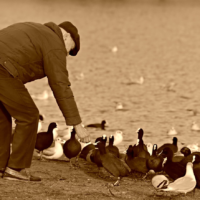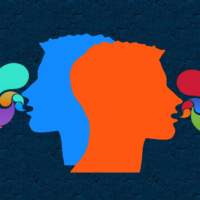
Ethical dilemmas in Dementia (1)
The nature of Dementia sometimes leads families into situations of decision-making that they have never faced before. Read More …
Be aware | Be caring | Be patient | Be understanding

The nature of Dementia sometimes leads families into situations of decision-making that they have never faced before. Read More …

As caregivers or health workers, one of the worst fears may be that the person with Dementia will accidentally get lost or purposely leave a house or facility, not be able to find his or her way back home and then become endangered. Can you let someone with Dementia go outside independently? Is that still Read More …

Someone with Dementia may have a period when he or she is screaming out loud they can’t tell you why. They may be feeling anxious or fearful or be experiencing hallucinations or paranoia. Read More …

In everything we do we communicate. With and without words we connect and share information, experiences, and memories. Dementia is often a big game breaker in this process. It makes communication more difficult. Read More …

Music can be a lifeline for people living with Dementia. It facilitates shared, quality musical moments with friends, family, and caretakers. Read More …

There is evidence that eating a Mediterranean-style diet can reduce the risk of developing problems with memory and thinking and getting some forms of Dementia. Read More …

When the teeth are healthy the next step is to look for food that is suitable for people with Dementia who have difficulty eating. Read More …

There is so much to understand about eating with Dementia. It is important to keep eating as healthily as for long as possible and this also applies to people with Dementia. Read More …

People with Dementia feel pain, just like everyone else. As Dementia progresses, the person’s language skills may change, making it very difficult for them to communicate with others when they are in pain. This can cause their pain to go undetected and untreated. Pain scale An international team of physicians, nurses, physiotherapists, epidemiologists, and psychologists Read More …

Our elderly people can, therefore, be absent or miserable on both Yom HaZikaron and Yom Ha’Atzmaut. But especially on Yom Ha’Atzmaut! Read More …